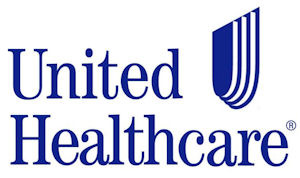Yesterday United Healthcare announced that they would be exiting the Obamacare exchanges after 2016. They were losing too much money and figured it was time to call it quits.
 What does this mean? Here are a few bullet points:
What does this mean? Here are a few bullet points:
- UH is a relatively small part of Obamacare, accounting for about 5 percent of exchange members.
- However, its presence is bigger in some states than others.
- Overall, then, this is only moderately bad news for Obamacare as a program. In some places, however, it’s very bad news. And obviously, for the people affected who have to switch plans in 2017, it’s a huge pain in the ass.
Beyond this, the news depends on why UH is doing so badly:
- It could be that UH simply isn’t competitive. If that’s the case, it’s nothing more than the expected result of marketplace competition. If other companies are more efficient or offer better products, you’re in trouble.
- However, it’s also possible that UH’s exit exposes some fundamental problems with Obamacare. UH claims—without offering any real evidence—that people are signing up when they get sick and then dropping out. This is unsustainable in any insurance market, and if people really have found loopholes that allow this on a large scale, it’s bad news for Obamacare. It would be especially bad news since Republicans are rooting for Obamacare to fail and will refuse to allow any changes that might make it work better.
Generally speaking, I think that what we’ve been seeing recently is a fairly predictable consequence of setting up a competitive market: there’s going to be a lot of churn at the beginning, as companies figure out what works best. Some, like UH and the ill-fated co-ops, will drop out. Others will discover they were too optimistic and will raise rates. Others will gain market share at their expense because they’re better run or made better actuarial projections. In a few years, this will all settle down and we’ll finally have a pretty good idea of just how well Obamacare works and how much it costs.
We could have avoided this kind of thing by creating a simpler, more universal program, but that just wasn’t politically possible. Creating a competitive marketplace was the only way to get Obamacare passed. Unfortunately, competition has both pluses and minuses. In theory, it should provide lower prices and better value in the long run. But it might take a while to get there.
More detail is available from John Cohn and Megan McArdle.


















